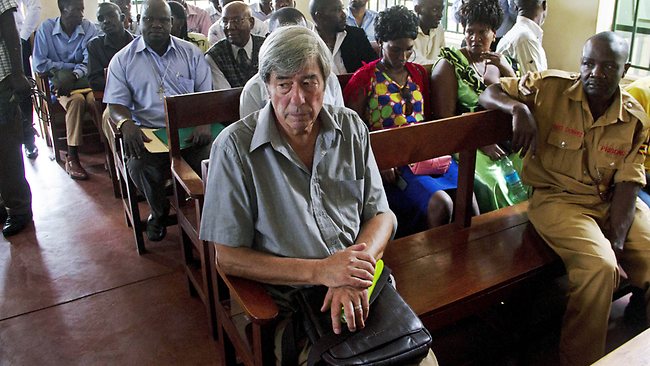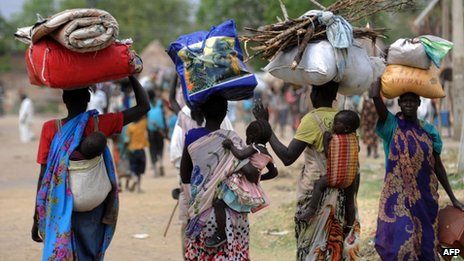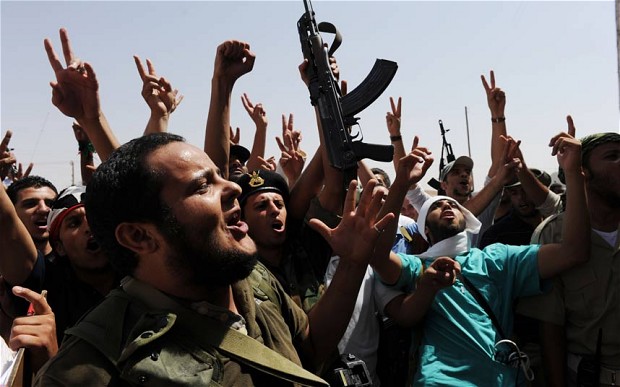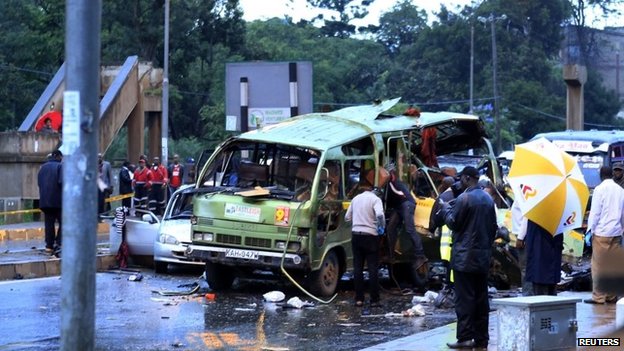By: Danielle L. Gwozdz
Impunity Watch News Reporter, Africa
BANGUI, Central African Republic – The UN believes at least 10,000 troops will eventually be required to end unrest in Central African Republic (CAR), the French UN envoy said.
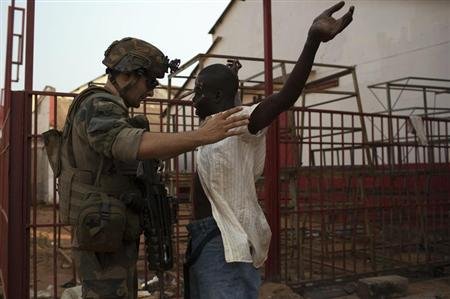
Yesterday, the UN Security Council unanimously approved a resolution allowing European troops to use force and threatening sanctions against those blamed for the country’s strife.
The European Union is to send up to 600 troops to help African and French forces in the country to try and end clashes between rival Christian and Muslim militias.
Almost one million people (a quarter of the population) have been displaced by fighting since the mostly Muslim Seleka rebel group seized power in March last year in the majority Christian country. At least 2,000 people have been killed.
The African Union force is eventually intended to reach 6,000 troops while France now has 1,600 soldiers in place.
The UN resolution also allows for asset freeze and travel ban sanctions against the ringleaders of groups blamed for massacres and human rights abuses. It did not name initial targets.
Ambassador Gerard Araud described the situation in CAR as “very, very dire.”
Araud said the African Union force in the country, intending to reach 6,000 troops, “is considered now too low because frankly the situation is very, very dire and the country is huge.”
He said the resolution was a “new stage” in efforts to help CAR out of the strife in which thousands are feared killed and more than 900,000 people have fled their homes.
Security council members have been alarmed by the vicious cycle of vengeance between Muslim and Christian militias in CAR, said the BBC’s Nada Tawfik in New York.
The United Nations had warned that the conflict in the landlocked former French colony could spiral into genocide.
CAR’s interim President Catherine Samba-Panza said on Tuesday that she had written to the UN to call for the African peacekeeping force to be transformed into a larger UN operation. She said the violence had continued despite the presence of African and French forces.
“It means that the number of troops is insufficient to restore and ensure security for the population,” she said.
On Monday, UN human rights chief Navi Pillay said the situation was getting even worse despite the inauguration of a new leader last week.
A day after reports, at least 13 people were killed. Eleven people were killed in the violence on Tuesday and 26 others were wounded.
“It’s really quite a challenge because there is an incredible amount of resentment and hatred between the two communities,” Aurad said.
He also said that transforming the African force into a UN operation would bring guaranteed funding and an experienced civilian component to help rebuild CAR’s state institutions, which have basically disintegrated.
CAR is rich in gold and diamonds but years of unrest and poor governance have left most of its 4.6 million people in poverty.
For more information, please visit:
BBC News – Central African Republic: UN ‘may need 10,000 troops’ – 28 January 2014
The Peninsula – UN backs EU force, sanctions in Central Africa – 29 January 2014
Yahoo! News – Central African Republic wants U.N. force as EU troops OKed – 28 January 2014
AFP – UN backs EU force in Central Africa amid troops push – 28 January 2014
Japan Today – U.N. backs EU force in Central African Republic – 29 January 2014
The Guardian – UN backs force, sanctions in Central Africa Republic – 28 January 2014
